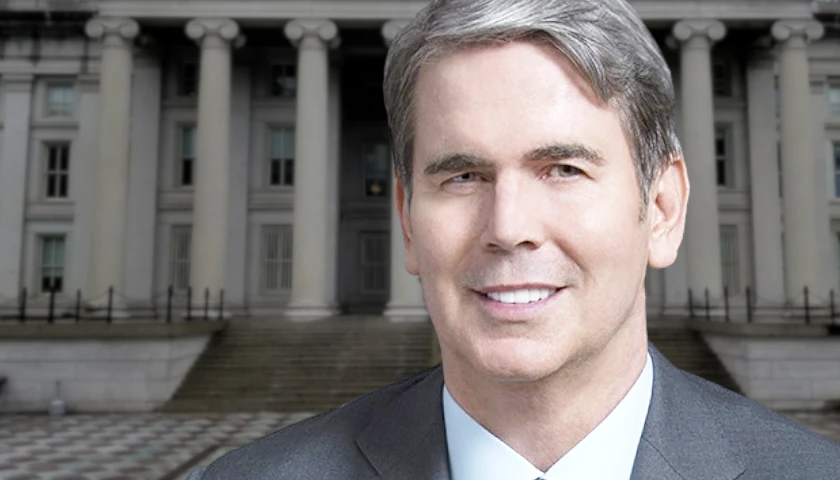by Curtis Ellis
The debate over trade largely has been framed in economic terms. We’re told consumers will pay more for—well, you name it—because of President Trump’s tariffs (even though the data show inflation is nonexistent). But a new study shows that trade policies do exact a steep price on Americans.
We are paying for it with American lives. But it’s for previous administrations’ trade policies.
A new study in the Journal of the American Medical Association examined 112 counties near automobile plants, primarily in the industrial Midwest and South, from 1999 to 2016. A quarter of the counties were near a plant that closed. Researchers compared overdose deaths before and after plant closures.
Opioid overdose deaths in counties where automobile plants had closed were 85 percent higher than in counties where they hadn’t.
The study’s “findings highlight the potential importance of eroding economic opportunity as a factor in the U.S. opioid overdose crisis,” the authors conclude. “From 1999 to 2016, automotive assembly plant closures were associated with increases in opioid overdose mortality.”
The study found non-Hispanic white men suffered the largest increase in overdose deaths.
This is in line with previous studies that found a correlation between deindustrialization and mortality rates, with a sharper increase in mortality rates among blue-collar white men.
Americans were surprised when the Centers for Disease Control revealed American life expectancy in 2015 fell, and fell fastest for white blue-collar men and women.
This is the demographic group hit hardest by the decision to offshore our factories to China and other cheap foreign labor camps.
The study’s lead author, Dr. Atheendar Venkataramani, professor of medicine at the University of Pennsylvania, says he was “interested in the link between the American dream and America’s health, namely that the fading American dream actually has population health consequences.”
He told the New York Times, “It’s an unfortunate natural experiment when you have a disintegration of an industry like this through plant closures in that it allows us to understand what the consequences of those negative events are.”
The experiment is not “natural” in that the “disintegration of an industry” is the result of policy choices made by humans.
And it shows free trade is literally killing us.
This wasn’t supposed to happen, or at least not according to what we were told by the boosters of free trade three decades ago.
When President Bill Clinton pushed NAFTA through Congress over the objections of opponents on both the Left and the Right, he promised “new, better jobs” for Americans.
In this new economy, people would learn to code, would have four or five careers in their lifetime. Meanwhile he and his wife kept their one lifelong career—politics and selling access, the politician’s stock in trade.
And when Congress, at the behest of Bill Clinton, Joe Biden and other corporatist puppets, brought China into the World Trade Organization in 2000, we were told 1.5 billion Chinese would be customers for American products.
Of course not everyone bought it. The late archconservative Senator Jesse Helms (R-N.C.) said the move to open trade with Communist China was “the most ill-advised piece of legislation to come to the Senate floor in my 28 years as a member of this body.”
The late Senator Paul Wellstone (D-Minn.), a liberal icon and the most progressive, pro-union senator in 100 years, warned American manufacturing would be destroyed as multinational corporations moved U.S. factories to China.
Joe Biden dismissed Wellstone with a sneer, saying, “Nor do I see a collapse of the American manufacturing economy, as China, a nation with the impact on the world economy about the size of the Netherlands, suddenly becomes our major economic competitor.”
Once again, Joe was wrong, and once again Americans are paying for his poor judgment with their lives.
The growing pile of studies and the growing pile of corpses they rest on show that the debate over trade and, more specifically, trade with Red China, cannot be limited to a dissection of economic indices, profit and loss statements, and “increased shareholder value.”
We are talking about people, citizens, “shareholders” in a nation, the United States of America, and the wellbeing of those shareholders and that nation must be a factor in the equation used to decide where to locate a plant.
When a company spends money to build a factory in China, that money is not being invested here. That is capital that could have created jobs and opportunities here, for Americans.
The studies show the opioid crisis cannot be separated from trade policy: The crisis is at its worst in those places deindustrialization hit hardest.
This tells us what must be done to end the crisis.
Cutting off the supply of fentanyl, the deadly synthetic opioid pouring from factories in China is a necessary, but not a sufficient condition to resolve the problem.
Shutting down pill mills, crooked doctors and profit-at-all-costs pharmaceutical companies is also necessary but not sufficient.
Similarly, rehab and treatment facilities are necessary.
But Americans unable to earn a living, support a family, and pursue their dreams turn to drugs and alcohol. Americans stripped of hope are dying “deaths of despair.”
To restore our nation to health, our people must have opportunities to support themselves with meaningful jobs.
We must abandon the outdated economic dogma that dictated we surrender our jobs and industries to communist China and sowed despair throughout the land.
That and nothing less is what it will take to end the opioid nightmare, restore the fading American dream and Make America Great Again.
– – –
Curtis Ellis is policy director with America First Policies. He was also a senior policy advisor with the Donald J. Trump presidential campaign in 2016.




